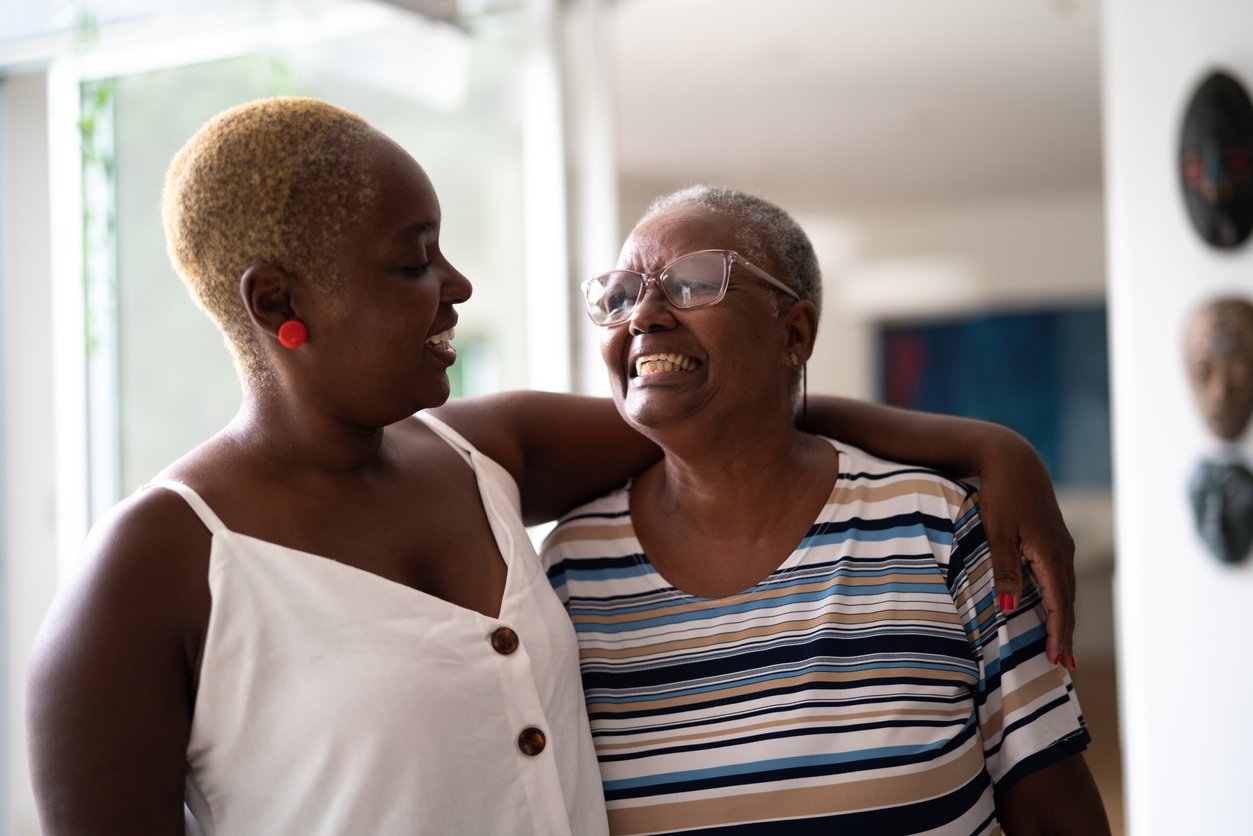At some point, most people will find themselves caring for an older adult, adult child with developmental disabilities or loved one struggling with mental health issues. As more and more Millennials and young adults in Generation Z take on caregiving responsibilities, the more caregiving falls into the realm of working adults, rather than just retirees with more avenues to be flexible with time. So why are we still afraid to talk about caregiving while at work? The answer is stigma.
What is stigma?
Psychologists define stigma as the discomfort experienced when we act in ways viewed as unusual.
Stigma causes us to feel less than “normal,” and can negatively impact our self-esteem, which may isolate us socially and/or professionally.
Stigma interferes with our ability to advocate for ourselves – and thus it can become a workplace issue.
The stigma around caregiving
Providing for loved ones while working can be stressful and make it difficult to achieve that seemingly impossible work-life balance. And yet, in conversations in the break room, hallways or elevators, how many people are really talking about this reality? Simply put, while we may happily talk about caregiving for youngchildren, it may be more challenging to talk with colleagues about caregiving for peers, adult children or older adults.
We know that the demands of caregiving can require flexibility, particularly from supervisors. And it is this need for understanding – and for room to respond to caregiving responsibilities – that can create fears about our job security. We may fear being passed over for a promotion, demoted, harassed or even fired – despite good performance – based simply on assumptions of how we may act given our family responsibilities.
And the impact is real: some women who are also caregivers choose to leave their jobs because they feel that they cannot live up to workplace expectations of constant availability and rigid schedules. Concurrently, some men who care for their older loved ones believe they may be perceived as weak, lazy or less capable employees.
How can we overcome the stigma?
Through commitment and advocacy, we can reduce the impact of stigma surrounding caregiving for adult loved ones. Together, we can work to create compassionate workplaces to support working caregivers. To do this, we can:
- Contact our Employee Assistance Program (EAP) benefits provider or our HR department to determine if we are eligible for caregiver benefits.
- Connect with local community-based organizations to assess if periodic respite or adult day care is appropriate.
- Allow ourselves the space to practice self-care. Because time is limited, we might even explore telehealth options we can access during lunch – or even on the drive home from work.
- Educate others about the caregiver benefits available to them. Help to convert service offerings into real benefits.
Celebrate the caregivers on our team as we work to transform the corporate culture into a truly caring company. Ultimately, creating a community which respects and supports each individual’s unique caregiving experience will not only help to break down the stigma, but it will also go far in the effort to support working caregivers, reduce the negative work-related effects of caregiving and improve overall well-being.



